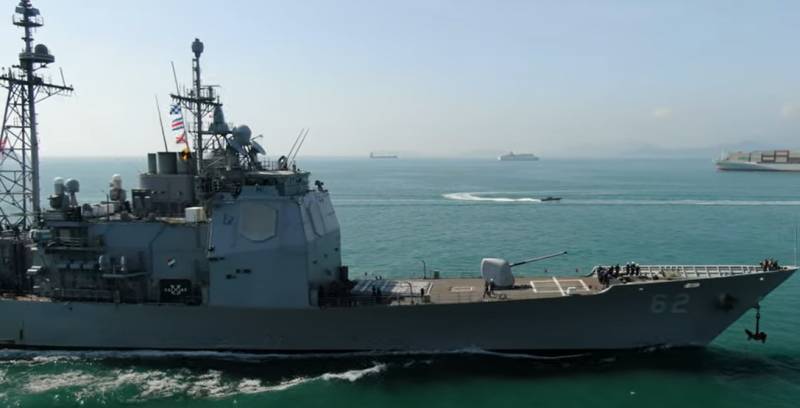US Navy says renaming Confederate-named ships is not rewriting history

Changing the name of the missile cruiser Chancellorsville to Robert Smalls, a former slave and sailor, is the Department of Defense's latest move to change the names of facilities, buildings, and assets that had anything to do with Confederate success.
The US Navy announcement did not provide a timeline for the change, but did state that "the logistical aspects associated with the ship's renaming will commence shortly and continue to completion with minimal impact on operations and crew."
US Navy Minister Carlos Del Toro said in his speech that the renaming of the cruiser is not related to "rewriting stories". Instead, he says, the ship's renaming aims to:
The US Navy has a history of naming ships after the Confederacy. Such names have become, to put it mildly, controversial for some time now. Recently, it came to clashes that erupted in Charlottesville, Virginia, where in the end it all ended in the death of one of the most vocal protesters.
Del Toro said.
Smalls was born into a family of slaves in 1839 in South Carolina and became a sailor. Called to serve as a pilot aboard the Confederate steamship Planter, he sailed the ship out of Charleston Harbor in 1862, carrying his family, other slaves, and military cargo, before handing over the ship to the US Navy. Smalls later became captain of the Planter (after the abolition of slavery) and was elected to Congress five times. He died in 1915.
Commissioned in 1989, the ship was named after the 1863 Battle of Chancellorsville, considered the greatest victory of Confederate General Robert E. Lee.
The name change comes after Congress directed a naming commission to review military property and rename those associated with the Confederacy following the police killing of George Floyd in 2020.
The Commission recommended that more than 1000 sites be renamed: monuments, streets, educational institutions, ships, including Chancellorsville and the oceanographic research vessel Maury, named after Matthew Fontaine Maury, a naval officer fleet Confederation.
Secretary of Defense Lloyd Austin accepted the commission's recommendations in September and ordered the services to make changes before the end of this year. Earlier, the US Naval Academy announced that the name after Mori would also be changed.
Information